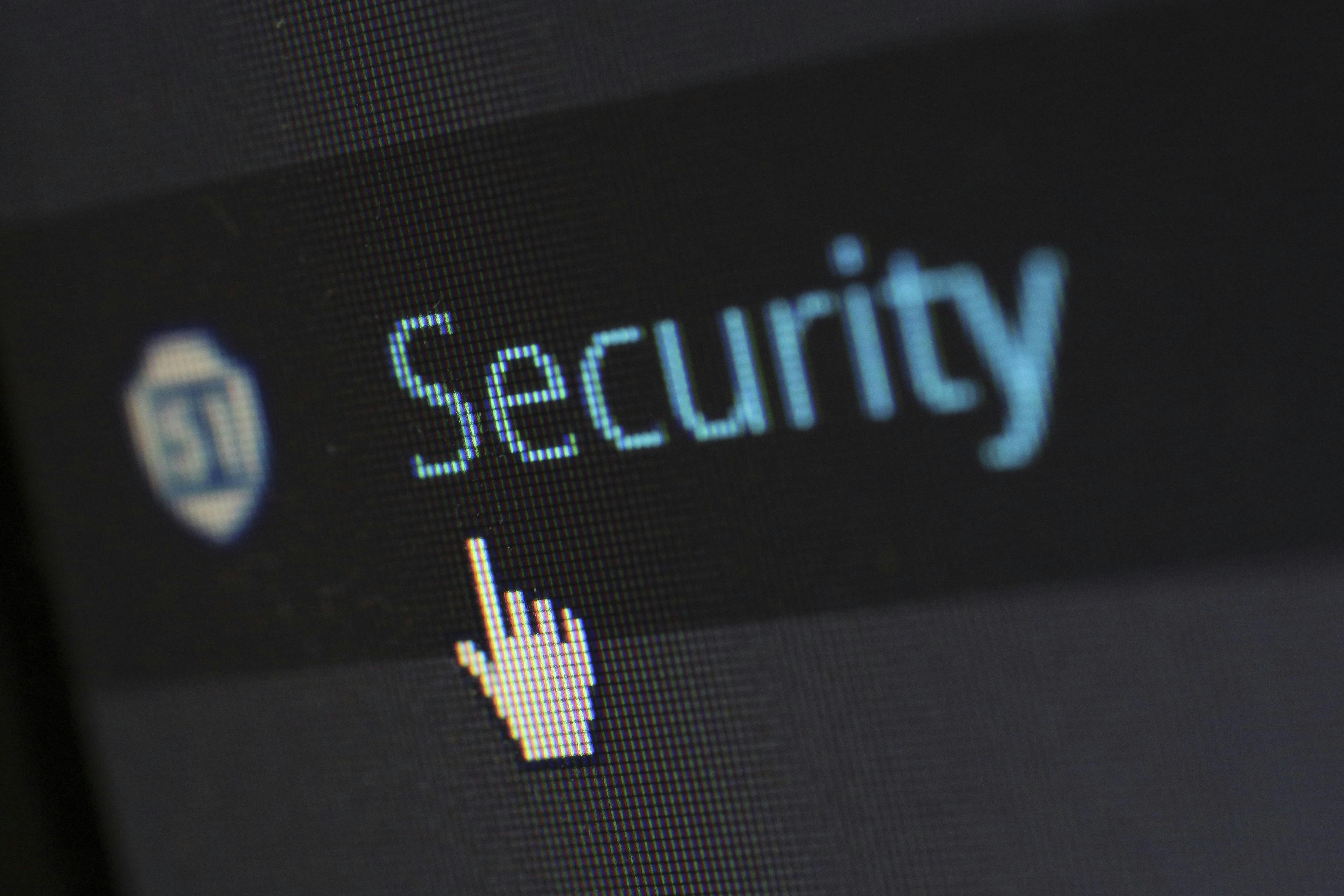Why Cybersecurity Services Are Essential in 2025?

In today’s digital age, cybersecurity services are no longer optional—they’re a necessity. As technology advances, so do the risks of data breaches, phishing attacks, and ransomware. In 2025, businesses and individuals alike face a growing number of cyber threats that demand expert prevention, monitoring, and recovery solutions.
According to Cybersecurity Ventures, global cybercrime costs are expected to reach $10.5 trillion annually by 2025, making it one of the biggest economic threats in history. This staggering figure highlights why robust cybersecurity measures have become an urgent global priority.
The Changing Landscape of Cyber Threats
Cyber threats are evolving faster than ever. From AI-generated phishing emails to deepfake scams, hackers now use advanced tools to deceive even the most tech-savvy users. In 2025, organizations must prepare for:
- AI-powered cyberattacks: Hackers now use artificial intelligence to bypass traditional security systems.
- Ransomware-as-a-Service (RaaS): Criminals rent ready-made ransomware tools on the dark web.
- Supply chain attacks: Targeting third-party vendors to compromise entire networks.
- Cloud vulnerabilities: Misconfigured storage and weak authentication create data exposure risks.
Traditional firewalls and antivirus software are no longer enough. Businesses need multi-layered cybersecurity services that combine human expertise with automation.
Why Every Business Needs Cybersecurity Services
1. Protecting Sensitive Data
Customer data, financial records, and employee information are prime targets for hackers. Cybersecurity services ensure encryption, secure storage, and safe data handling—helping organizations maintain trust and comply with global privacy laws like GDPR.
2. Preventing Financial Losses
The average cost of a data breach in 2025 is projected to exceed $5 million per incident. Cybersecurity solutions like endpoint protection, firewalls, and network monitoring save companies from devastating financial hits.
3. Ensuring Business Continuity
A single cyberattack can halt operations for days or even weeks. With managed cybersecurity services, companies can quickly detect, isolate, and recover from attacks to minimize downtime.
4. Meeting Regulatory Compliance
Industries like healthcare, banking, and e-commerce face strict data protection regulations. Professional cybersecurity support ensures organizations meet all compliance standards—avoiding heavy fines and legal issues.
5. Building Customer Trust
Clients today care deeply about how their information is protected. By investing in visible cybersecurity measures, companies strengthen their reputation and attract security-conscious customers.
Emerging Cybersecurity Trends in 2025
Cybersecurity in 2025 is being shaped by several key innovations and trends:
- Zero Trust Architecture: “Never trust, always verify” approach is becoming standard for network access.
- AI-Driven Security Monitoring: Automated systems analyze network behavior in real time to detect threats instantly.
- Cloud Security Solutions: As cloud adoption rises, businesses invest more in securing virtual infrastructures.
- Cybersecurity Awareness Training: Human error causes over 80% of breaches—training employees is now essential.
- IoT and 5G Security: Connected devices create new vulnerabilities that require constant monitoring.
Role of Managed Cybersecurity Services
Managed cybersecurity providers play a vital role for businesses that lack in-house IT security teams. They offer:
- 24/7 Threat Monitoring: Real-time detection and response to potential breaches.
- Incident Response: Immediate action plans to contain and recover from attacks.
- Vulnerability Assessments: Regular audits to find and fix weaknesses before hackers exploit them.
- Security Consulting: Tailored strategies for risk management and compliance readiness.
For businesses in sectors like healthcare or logistics, partnering with managed cybersecurity experts can be the difference between resilience and reputation loss.
Integrating Cybersecurity with IT Infrastructure
To stay ahead of modern threats, organizations must integrate cybersecurity into their IT framework. This includes secure cloud computing services, employee awareness programs, and endpoint monitoring. Collaboration between IT and security teams ensures a stronger, unified defense system.
The Human Factor in Cybersecurity
Technology alone can’t solve the problem. Human awareness remains one of the strongest defenses against cybercrime. Regular employee training can help prevent:
- Clicking on malicious links
- Falling for phishing emails
- Using weak passwords
- Mishandling sensitive data
Cybersecurity education builds a security-first culture that minimizes internal risks.
Future of Cybersecurity
By 2030, cybersecurity will be more automated, predictive, and deeply integrated into every digital system. AI, blockchain, and quantum encryption will redefine how we protect information. However, one truth will remain—cybersecurity services will continue to be the backbone of digital safety.
Conclusion
In 2025, every business—large or small—must prioritize digital safety. Cyberattacks are no longer random; they are calculated and often devastating. Investing in professional cybersecurity services not only safeguards your data but also protects your reputation, customers, and business continuity.



